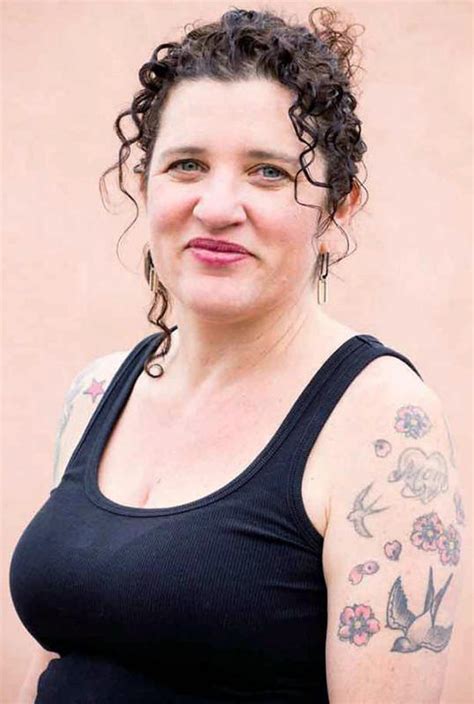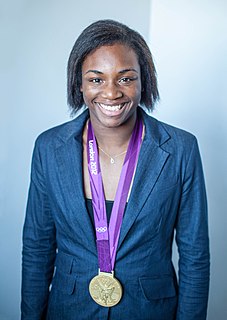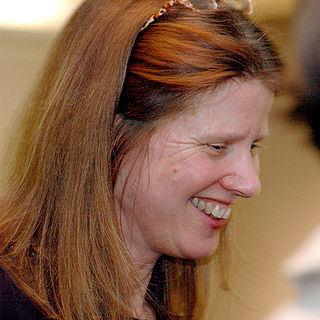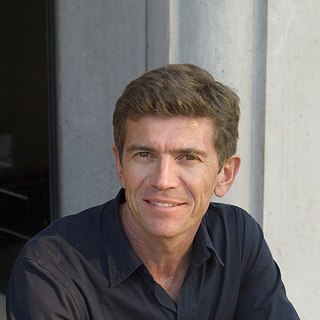A Quote by Nicholson Baker
While I was writing I assumed it would be published under a pseudonym, and that liberated me: what I wrote was exactly what I wanted to read.
Related Quotes
Wormholes were first introduced to the public over a century ago in a book written by an Oxford mathematician. Perhaps realizing that adults might frown on the idea of multiply connected spaces, he wrote the book under a pseudonym and wrote it for children. His name was Charles Dodgson, his pseudonym was Lewis Carroll, and the book was Through The Looking Glass.
I came to nonfiction through journalism. My first book was journalism, and it was so frustrating to me, while I was writing it, that I wasn't capturing the moments the way they were when I lived them; I was filtering and re-filtering. I had to come to terms with the fact that I couldn't and shouldn't claim authenticity. Then, when the book was published and I gave readings, I'd hear myself read and it was like I was eavesdropping on a dream - even with myself as the narrator. I knew that guy but couldn't exactly recognize him.
I had read [Charles] Dickens's novels were often published serially. I thought it would be fun to write a book, just sitting down and writing a chapter every day, not knowing what would happen next. So that's how I wrote the first draft. And then of course I had to go back and make sure everything worked and change things.







































